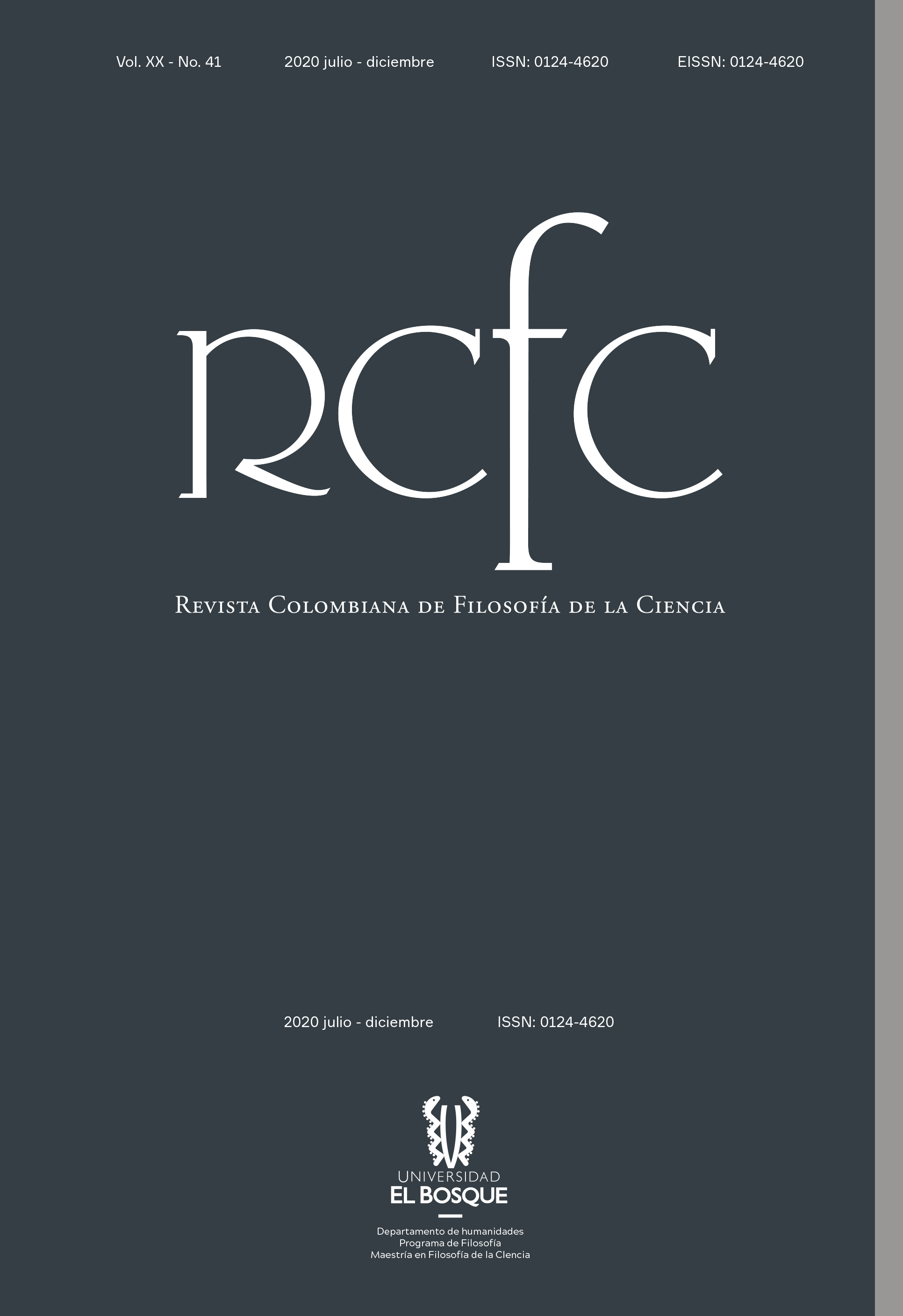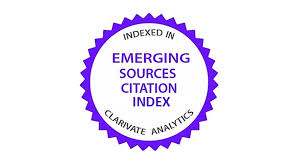Some Philosophical Reflections About the Coronavirus
the Han-Harari Controversy and the Ontological Problem of Covid-19
DOI:
https://doi.org/10.18270/rcfc.v20i41.3387Keywords:
Coronavirus, Covid-19, techno-information, bio-information, ontologyAbstract
In the first part, a reflection on Coronavirus is proposed as a disease classified as a “pandemic” and that affects the whole world without distinction, breaking the barriers of nationalism. Two of the most important opinions about the Coronavirus and its effects are examined: Byung-Chul Han's and Yuval Noah Harari's. It seeks to contrast these two points of view, highlighting the advantages and risks that may derive from the indiscriminate algorithmic control of individuals (techno-information), as well as the advantages and risks of biological and genetic control (bio-information). In the second part, the ontological problems of Covid-19 are addressed to establish whether it is a living or inert biosystem, while the Coronavirus disease is examined as the state of a biological system, a person, depending on the values of certain functions in accordance with established laws. It warns of the categorical error of confusing the cause of the disease with the disease itself.
Downloads
References
Agamben, G et ál. Sopa de Wuhan: Pensamien¬to contemporáneo en tiempo de pandemias. Buenos Aires: Aislamiento Social Preventivo y Obligatorio, 2020.
Bunge, M. y M, Hahner. Fundamentos de Biofilosofía. 1era Ed. México: Siglo XXI, 1980.
Diéguez, A. Transhumanismo. La búsqueda tecnológica del mejoramiento humano. Barcelona, Herder, 2017.
Han, Byung-Chul “La emergencia viral y el mundo del mañana. Byung-Chul Han, el filósofo surcoreano que piensa desde Berlín”. El País, 22 de marzo de 2020. <https://elpais.com/ideas/2020-03-21/la-emergencia-viral-y-el-mundo-de-manana-byung-chul-han-el-filosofo-surcoreano-que-piensa-desde-berlin.html>
Harari, Yuval Noah. De animales a dioses. Breve historia de la humanidad. Bogotá: Random House, 2015.
______. Homo Deus. Breve historia del mañana. Bogotá: Random House, 2016.
______. 21 lecciones para el siglo XXI. Bogotá: Random House 2018.
______. “The World After coronavirus”. Finantial Times, 2020. <https://www.ft.com/content/19d90308-6858-11ea-a3c9-1fe6fedcca75>
Hegel, G.W.F. Philosophy of Right. Translate by S.W. Dyde. London: George Bell and Sons, 1896.
Jaramillo. J.M. “Consideraciones ontosemánticas sobre el enfoque de espacios de estados. El caso parcial de la teoría del equilibrio ácido-base en fisiología humana”. En La filosofía de la ciencia en Iberoamérica: Metateoría Estructural. Madrid, Tecnos, 2012.
Max Neef, “Manfred Max Neef: La obsesión por el crecimiento es un disparate”. Revista Entorno, 2015. <http://www.revistaentorno.cl/entorno/manfred-max-neef/>
Mahner Martín., y Mario, Bunge. Elementos de Biofilosofía. México, Siglo XXI, 2000.
Mosterín, J. Filosofía de la cultura. Madrid: Alianza Editorial, 1993.
Mosterín, J. y R. Torretti. Diccionario de lógica y filosofía de la ciencia. Madrid, Alianza Editorial, 2002.
Moulines. “Ontoepistemosemántica en perspectiva estructuralista”. Filosofía de la ciencia en Iberoamérica. Metateoría estructural. Ed. Peris, L. M. Madrid: Tecnos, 2012. 19-32.
Searle, J. R. La construcción de la realidad social¸1995. Barcelona, Paidós, 1997.
Villa, Santiago. “El orientalista de Oriente: las fracturas del texto viral de Byung-Chul Han”. Revista El estornudo: Alegrías y crónicas 2020. <https://revistaelestornudo.com/virus-confucionismo-occidente-byung-chul-han/>

Downloads
Published
How to Cite
Issue
Section
License

This work is licensed under a Creative Commons Attribution-NonCommercial-NoDerivatives 4.0 International License.

| Article metrics | |
|---|---|
| Abstract views | |
| Galley vies | |
| PDF Views | |
| HTML views | |
| Other views | |










